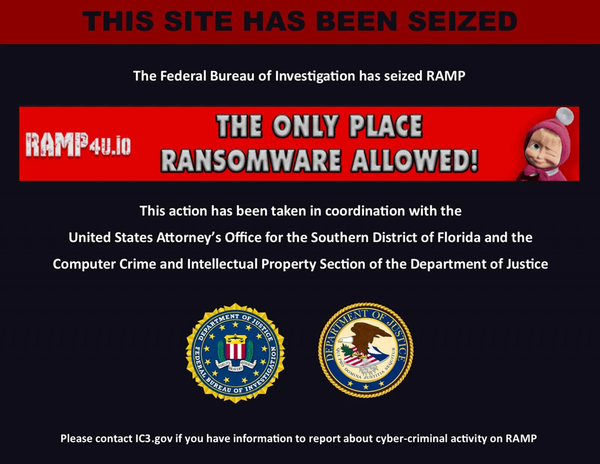CISA warns agencies to update F5 appliances after breach disclosure
Sources say China hacked classified UK systems for over a decade. Some think a secret US cybercrime-fighting group is behind the doxxing of a Russian ransomware kingpin. Microsoft is moving Surface manufacturing out of China. Pro-Palestine activists hacked four N. American PA systems, much more





